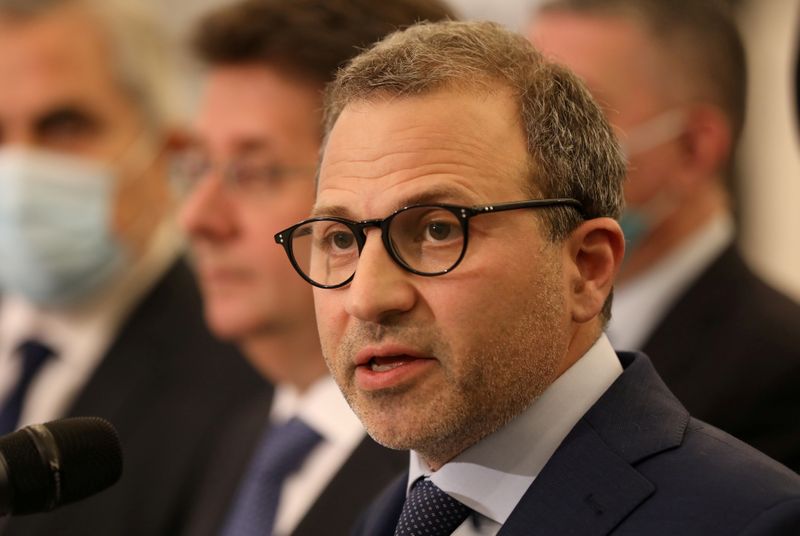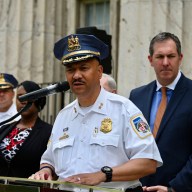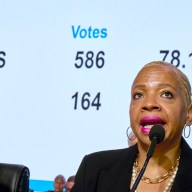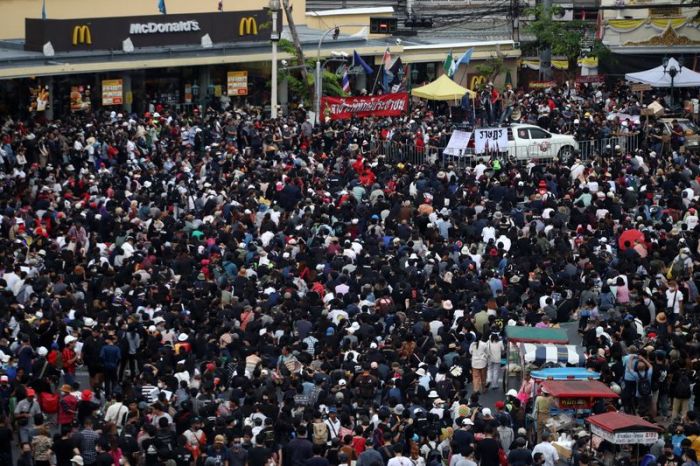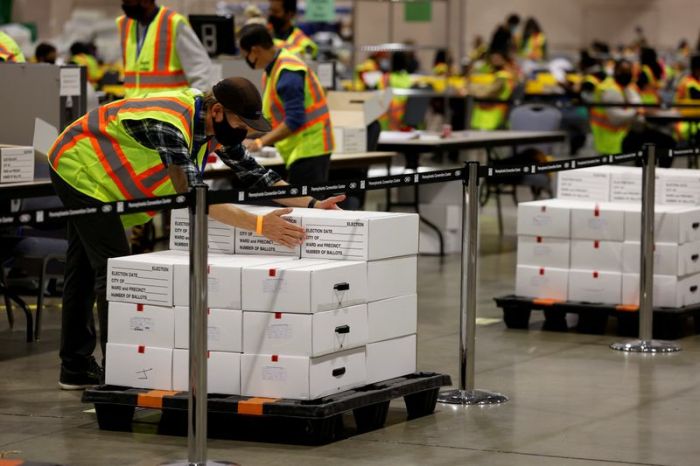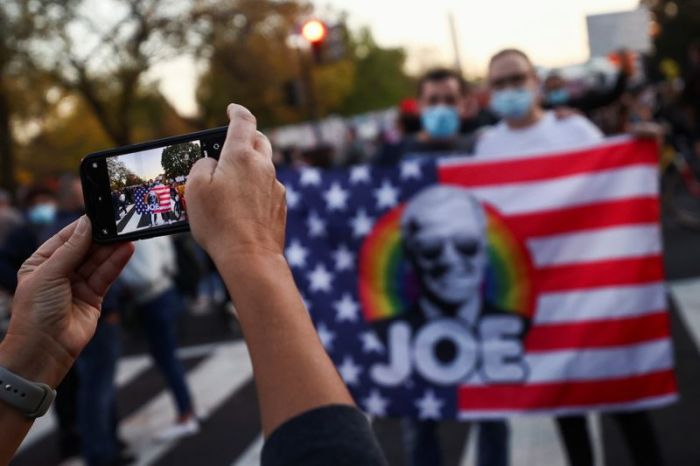BEIRUT (Reuters) – Influential Lebanese Christian politician Gebran Bassil said on Sunday that U.S. sanctions against him were unjust, politically motivated and the result of his refusal to break ties with Hezbollah.
The United States on Friday blacklisted Bassil, the leader of Lebanon’s biggest Christian political bloc and the son-in-law of President Michel Aoun, accusing him of corruption and ties to the Iranian-backed Shi’ite Hezbollah movement that Washington deems a terrorist group.
A target of Lebanese protests against a political elite accused of pillaging the state, Bassil denied U.S. accusations of corruption and said the issue did not arise in conversations with U.S. officials when they demanded he sever ties with Hezbollah or face sanctions.
“These sanctions are an injustice and I will fight them and sue for damages,” he said in a televised speech. “Sanctions come and go, but compromising national peace and unity is a crime.”
Bassil, who harbours presidential ambitions, heads the Free Patriotic Movement (FPM), which was founded by Aoun, and has served as minister of telecoms, of energy and water and of foreign affairs.
The U.S. Treasury Department accused Bassil of being at the “forefront of corruption in Lebanon”. He was sanctioned under the Global Magnitsky Human Rights Accountability Act, which targets human rights abuses and corruption around the world.
A senior U.S. official has said Bassil’s support for Hezbollah was “every bit of the motivation” for the sanctions.
The FPM has a political alliance with Hezbollah, which has become Lebanon’s most powerful political force. Bassil, who says the group is vital to the defence of Lebanon, reiterated he would not “stab any Lebanese in the back”.
He said the sanctions should not hold up forming a new government to tackle a financial meltdown, Lebanon’s worst crisis since its 1975-1990 civil war.
Prime Minister-designate Saad al-Hariri is navigating Lebanon’s sectarian politics to assemble a cabinet needed to implement reforms demanded by foreign donors to tackle endemic corruption, waste and mismanagement to unlock aid.
(Reporting by Laila Bassam and Ghaida Ghantous; Writing by Ghaida Ghantous; Editing by Mike Harrison)

